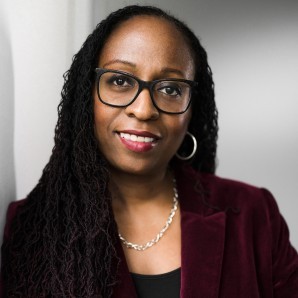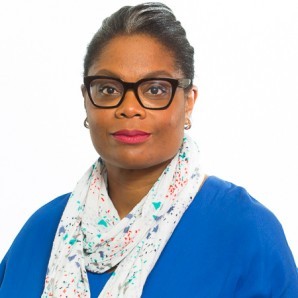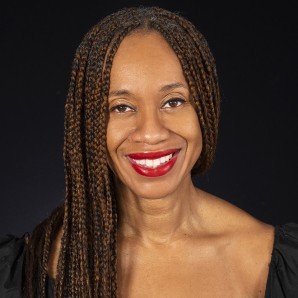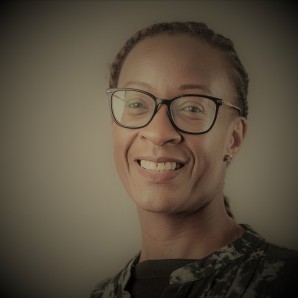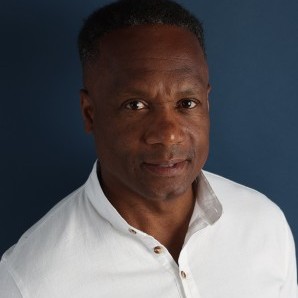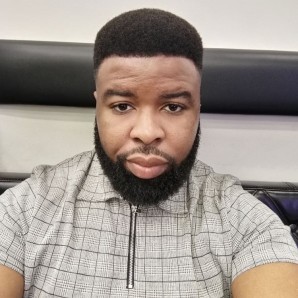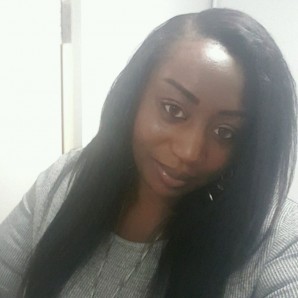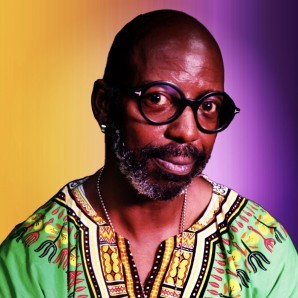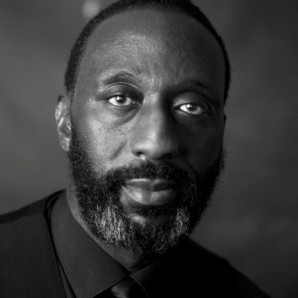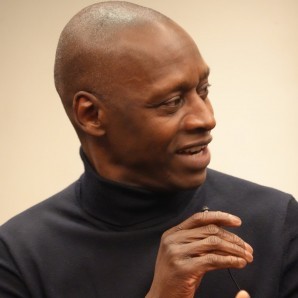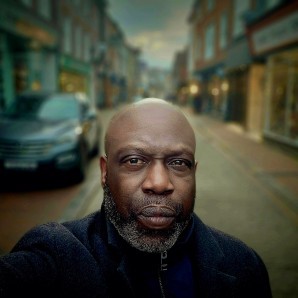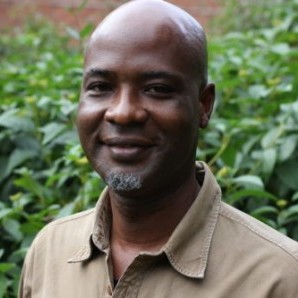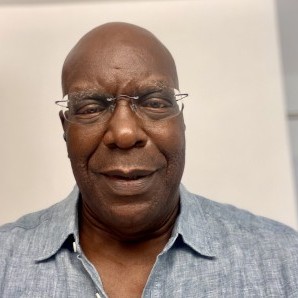In mental health systems there is a legacy of silo working that hasn’t served Black men's health and wellbeing. Which is why it’s essential to co-produce and co-curate alternative spaces, structures, languages and approaches that inspire change agency, institutional courage, impactful collaborations and meaningful change amid continued divergence.
We are now operating in a space - and world - that is being forced to face the reality of structural, interpersonal and institutional racism in every segment of society, including mental health. Yet the over-representation of Black men with severe mental illness in psychiatric institutions, and the coercive, harsh (rather than therapeutic) forms of treatment they are exposed to is a picture that hasn’t truly shifted in 50 years.
Against this multi-layered backdrop the Synergi-Leeds Partnership seeks to address racial injustice in mental health as part of the city’s priority to reduce ‘the over representation of people from BME communities admitted in crisis’. The journey to this commitment contains challenges and deep learning, including piercing institutional comfort zones around engaging with creative methodologies, the impact of structural racism and the need for racial justice; all underpinned by the need to centre the narratives of Black and minoritised communities with lived experience of severe mental illness. Much of this work has been developed amid the pandemic’s disproportionate impact on Black and minoritised people, George Floyd’s murder, Grenfell, the Windrush Scandal and the continued deaths of Black men in custody and mental health institutions.
In their presentation, supported by filmed poetry, visuals and audio testimonies, Sharon Prince and Joy Francis will describe an innovative and ambitious citywide approach to tackling ethnic inequalities in mental health. Their presentation will highlight:
- The reality of epistemic injustice, power and identity in mental health
- A whole-systems approach to embracing complexity and fostering racial justice
- Cultivating ‘Creative Spaces’ ecosystems to tackle historical divergence and localised histories of racial trauma
- Examples of innovation and creative engagement co-produced by Black people with lived experience
- Disruption of the commissioning process
- The role of research, evidence base and academic allyship
Hear why the Synergi-Leeds approach is now an integral part of the delivery of preventative programmes for better mental health in the city, which is beginning to make a difference to the lives of Black and minoritised people. And why there is still a significant way to go.

